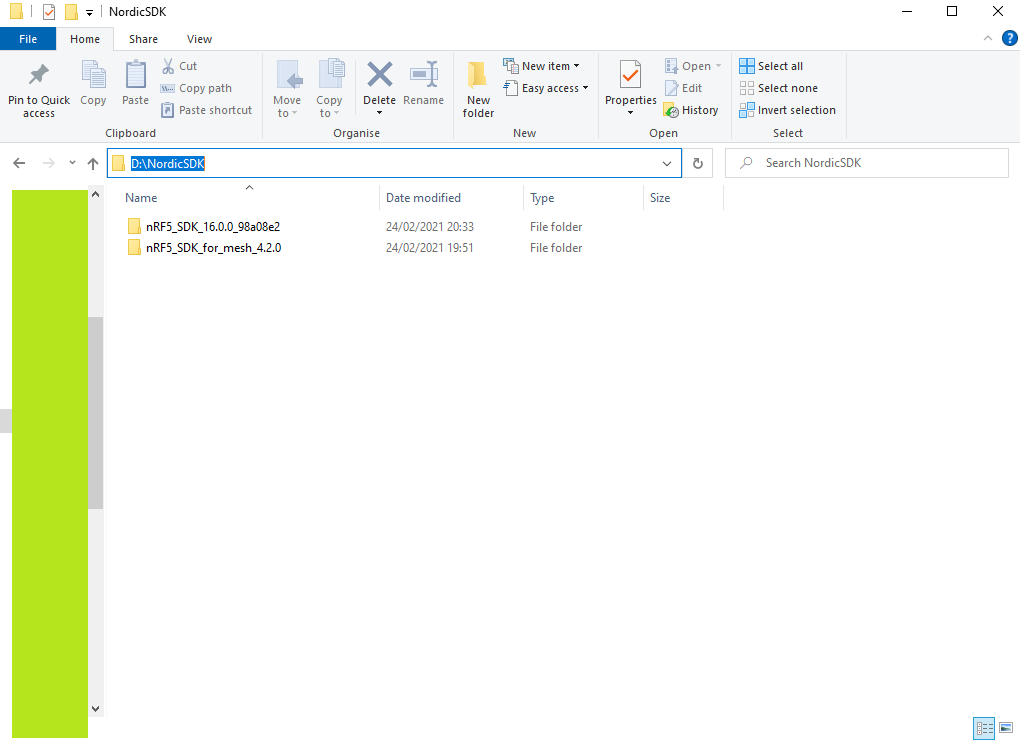Hi,
We managed to integrate both normal BLE and mesh stack onto our working prototype, powered by nRF52840. So far, it is working well. We are trying to further maximise our developed node by experimenting mesh Instaburst feature, as our TX mesh packet is around 48 - 132 bytes.
Before we get a head start, just wondering if there is any example project/template we can refer to? With this, at least we know how to use this feature properly.
Many thanks!



